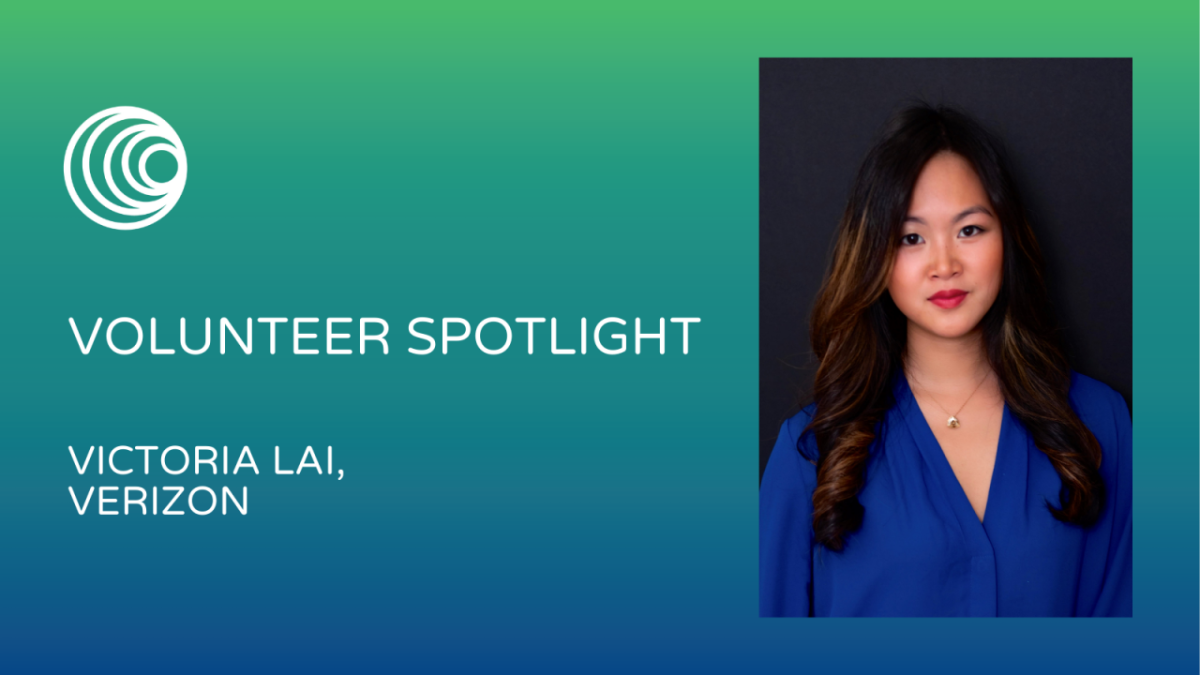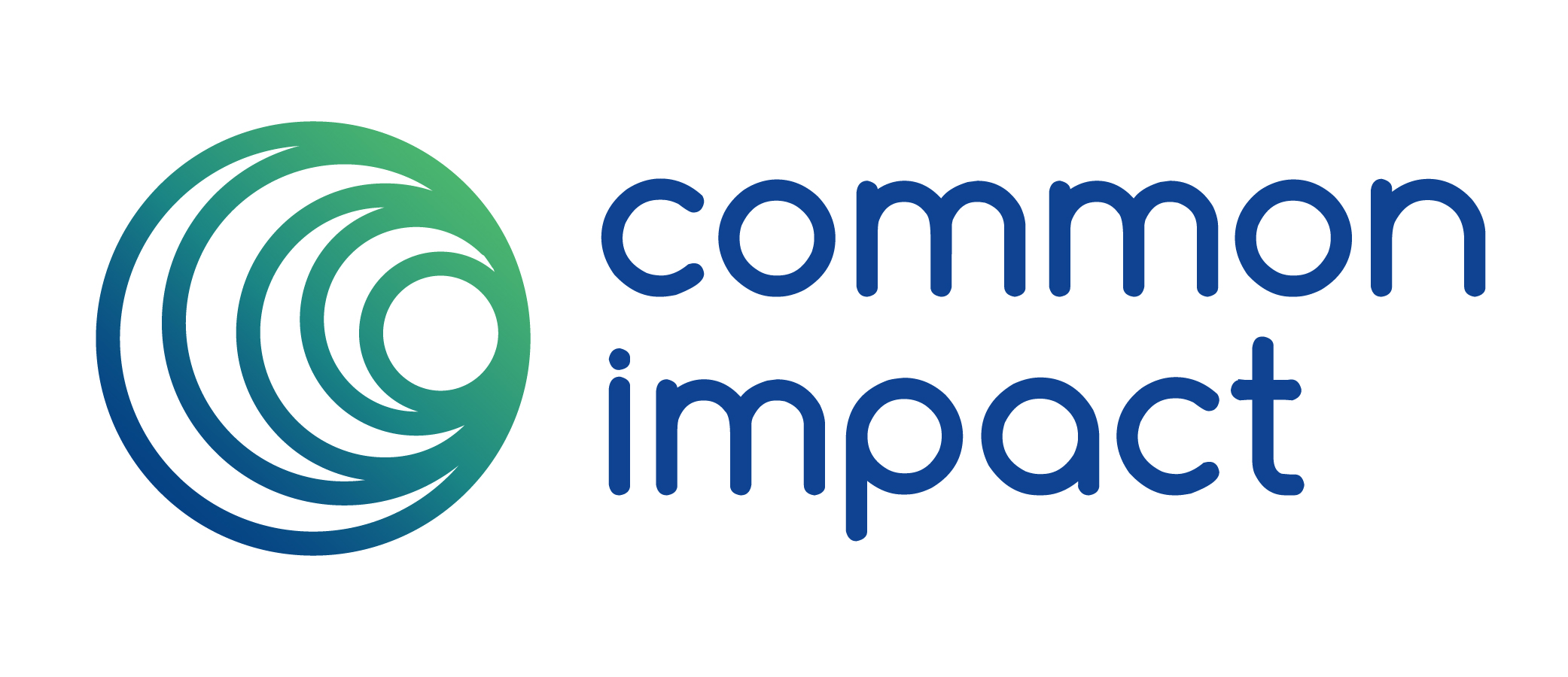Volunteer Spotlight: Victoria Lai, Verizon

Volunteer Spotlight: Victoria Lai, Verizon
This Global Volunteer Month, Common Impact is spotlighting some of the talented skills-based volunteers we are fortunate to work with every year. Today we hear from Victoria Lai, a Financial Planning & Analysis (FP&A) Consultant at Verizon, about her recent skills-based volunteer work through Skills for Cities and a web design project with nonprofit Hopeworks.
At Common Impact, we know that professional skills are superpowers. What are some of the superpowers you practice every day in your work at Verizon?Working at such a large company, I interact with several managers and executives, probably 50 people throughout the week, so I have to do a lot of communication. Being able to communicate professionally and as clearly as possible is so important whether it is writing an email or providing feedback or sharing an idea.
The second is getting comfortable with uncertainty. In my role especially, you have to be very proactive, reach out with questions, and really carve out what you're doing for the day or for the week to understand what the bigger picture is and break it down into actions that you can take to achieve your end goal.
You recently participated in a Common Impact skills-based volunteer project with Hopeworks, a technology education and entrepreneurship nonprofit based in Camden, New Jersey that propels young people to build strong futures and break the cycle of violence and poverty. What was the challenge you were collaborating on and how did you use your professional skills to solve it? How did the project make a difference for Hopeworks and impact you as a volunteer?Hopeworks is a social enterprise and that was a fundamental piece of the challenge that our team had to tackle. In simple terms, a social enterprise is a company that has that social, kind of nonprofit component and then the revenue generating, enterprise piece of it.
The ultimate goal that Hopeworks came to us with was how to increase the business side of the organization since they were doing really well in the social aspect. One of the challenges we talked about was that when Hopeworks does outreach to new business partners to secure internship opportunities for their youth members that they're educating and teaching new skills, people ask, “Well, is this a social sector group?” and “You're doing such good work, but are these young people really going to be able to transfer those skills into our corporate world?” or “Are they skills that we’re looking for?”
I focused on Hopeworks’ website, which reads very much like a social organization. In order to make it more attractive to, say, a prospective business that might be looking to partner with them, I developed a prototype for the website that took the existing content and restructured it, redesigned it, reformatted it in a way that addresses the different audiences that might be going to the website for information. I took the user story approach where you create a persona for each type of person that might interact with the page whether it's a youth, a potential business partner, a donor, or a volunteer, and I used those different mindsets to restructure the webpages for how someone would navigate through them. That was a critical component.
As a team, we felt that we could deliver Hopeworks quick impact and feedback that they could execute on and provide such a big benefit to them when they're trying to go out into the world and clearly communicate who they are and what they have to offer. We got a lot of great feedback from Hopeworks, especially on the prototype and being able to take the feedback that we were giving them and see the potential of how it could look. They really appreciated the web design support and I know that they're running with a lot of our feedback.
Last week, you participated in Skills for Cities Midwest, Common Impact’s flash consulting day of service to build the capacity of Midwest nonprofits so they can continue to respond to and recover from the COVID-19 crisis. You led a cross-company team of volunteers on a CRM vendor selection project for PROP (People Reaching Out to People), a Minnesota nonprofit that offers food programs and comprehensive social services and support. What was the experience like for you?PROP was seeking to replace their current donor management database tools and asked our team to help them kick off their vendor selection journey. As a group, we dove into their unique challenges and hopes for the new tool, created a high-level requirements document to capture the important features, and introduced a weighted selection matrix template. The team went above and beyond by analyzing the capabilities of five prospective tools and providing side by side comparisons. I am excited to see PROP leverage our insights to hit the ground running these next few months!
I also appreciated Common Impact taking the time to acknowledge the current events going on [the day before brought the verdict in the George Floyd trial and the fatal police shooting of 15-year-old Ma'Khia Bryant] and fostering a supportive and open atmosphere, which quickly gave me a sense of "community" among the 70+ person group, despite the event being virtual.
What has been the most valuable aspect of skills-based volunteering for you, especially in the context of this past year?My first skills-based volunteering project was last year right before COVID-19 hit. Before Common Impact, I thought of volunteering as separate from my full-time job at Verizon; I had always considered it to be a hobby or an extracurricular thing. I really enjoy that Common Impact seeks out people with special skills and matches them to projects that leverage their unique perspectives, which Common Impact did a really good job with.
The other aspect I’ve enjoyed is getting to work with so many impactful organizations such as Hopeworks through skills-based volunteering and events like Skills for Cities. I appreciate having the opportunity to see the world through other eyes and to go beyond doing a walk or donating money or selling cookies. It’s definitely a lot more invigorating to give critical thinking skills, create solutions, or provide recommendations.
And then just being more aware of all of the good work that these organizations are doing out there to address a lot of the social issues that we've seen this past year. The project with Hopeworks was my first real exposure to a social enterprise, so understanding that kind of business structure was really interesting to me. I learned a lot about challenges that you would have between having a great strategic vision and then linking that back into all of the operations and execution aspects. It’s definitely important to have a brand and a mission and to know who you are, and then of course just as important is how effectively you can communicate that to the greater world. Working on a skills-based volunteering project with such a great organization really allowed me to appreciate and learn a lot about that kind of space.

